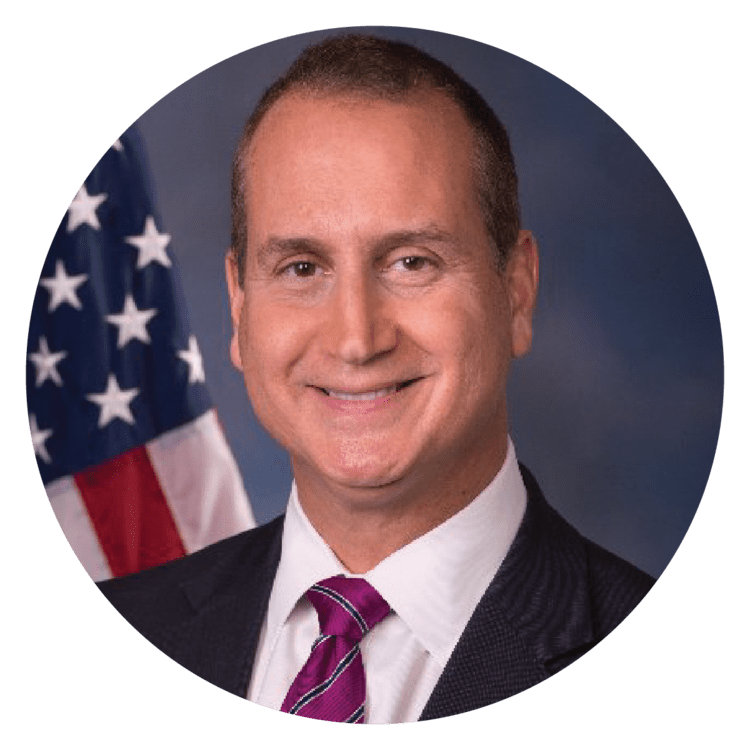Mario Diaz-Balart is currently fulfilling his 10th term in the U.S. House of Representatives. At the beginning of the 112th Congress, Diaz-Balart was asked to serve on one of the most prestigious committees: The House Committee on Appropriations. As part of the House Committee on Appropriations, he was chosen to chair the Subcommittee on Transportation, Housing, and Urban Development. Diaz-Balart also serves on the State, Foreign Operations, and Related Programs and the Defense Subcommittees of the House Committee on Appropriations, as well as the House Committee on the Budget.
Diaz-Balart was elected to the U.S. House of Representatives in 2002 to represent Florida’s 25th Congressional district, which at the time, covered portions of Miami-Dade County, Collier County, and Monroe County. Diaz-Balart continued to represent the three counties until 2010, when he ran unopposed for Florida’s 21st Congressional district. After the 2012 redistricting cycle, he ran for the newly redrawn 25th Congressional district, to which he was elected. The 25th district now includes parts of Miami-Dade, Broward, Collier, and Hendry Counties.
Prior to his time in Congress, Diaz-Balart served 14 years in the Florida State Legislature in both chambers, House and Senate. At age 31, Diaz-Balart became the youngest person ever elected to the Florida Senate, as well as the first Hispanic to serve as Chair of the Combined Appropriations / Ways and Means / Finance and Tax Committee. During his tenure in the state legislature, he consistently ranked among the most effective legislators in Florida, developing a reputation as a budget hawk, and supporting minority voting rights.
In Washington, Diaz-Balart has worked tirelessly to make American homes and communities safer and stronger in the face of hurricanes and other natural disasters. In 2013, he introduced the Safe Building Code Incentive Act (H.R. 1878), legislation that would provide financial incentives to states that adopt and enforce nationally recognized model building codes. These states would also qualify for an additional 4 percent of funding for hazard mitigation grants. That same year, he introduced the Disaster Savings and Resilient Construction Act (H.R. 2241), which would incentivize home and building owners to utilize resilient construction methods when building and renovating homes and commercial structures in federally declared disaster areas. Over the long run, both of these bills would save hard-earned taxpayer dollars and minimize the risk of property damage, but more importantly, would reduce the loss of life. To continue reading, Click Here.


